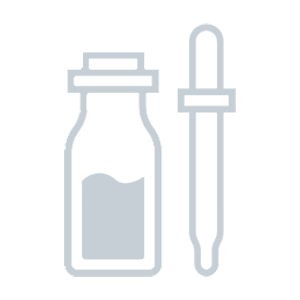Comparison between Vivier Redness Solution Complex vs. Vivier Ulimage
Find out which product is better for your skin.
Ingredients in both products 11
Components only in Vivier Redness Solution Complex 39
Octinoxate, Squalane, Divinyldimethicone/Dimethicone Copolymer, C12-13 Pareth-23, C12-13 Pareth-3 and 34 more. Show all.
Uniqueness: 78.0%
Components only in Vivier Ulimage 7
Acetyl Hexapeptide-8, Muccopolysaccharides, Hexylene Glycol, 1,2-Hexanediol, Tropolone and 2 more. Show all.
Uniqueness: 38.9%
Face to Face
Components position by position
1
Water
1
Water
2
Octinoxate
2
Potassium Sorbate
3
Squalane
3
Acetyl Hexapeptide-8
4
Divinyldimethicone/Dimethicone Copolymer
4
Phenoxyethanol
5
C12-13 Pareth-23
5
Sodium Hyaluronate
6
C12-13 Pareth-3
6
Muccopolysaccharides
7
Xanthan Gum
7
Glycerin
8
Caprylyl Glycol
8
Propylene Glycol
Show others
Positive Effects
Find out what good effects the product has
Both products provide the following effects: , Moisturizing, Cleansing, Softening, Soothing, Anti-aging, Healing, Rejuvenation, Antifungal, Antiseptic, Hair conditioning, Hair structure improvement, Hair gloss, Hair protection
Effects unique for Redness Solution Complex:
Antioxidant, UV Protection, Pore Shrinking, Lightening, Lifting, Elasticity improvement, Antistatic, Nutrifying, Deodorant, Tones up skin, Regeneration, Protection, Hair strengthening, Hair growth stimulatingEffects unique for Ulimage:
No unique effects found
-- Show more --
ECO Metrics
Find out how eco-friendly the components are
Vegan
No
No
Cruelty free
No
No
Reef safe
Yes
Yes
Ozone layer safe
Yes
Yes
Organic score
natural
13 out of 50
26%
chemical
29 out of 50
58%
natural
4 out of 18
22%
chemical
10 out of 18
56%
Concerns
Pay attention to this information
-- Extra information --
Components by Skin Type
Find out what components are good or bad for your skin type
Dry skin
Positive: 7Negative: 0
Stearyl Alcohol#13Butylene Glycol#21Glycerin#27Propylene Glycol#36Tocopherol#39Allantoin#40Sodium Hyaluronate#45
Oily skin
Positive: 1Negative: 0
Allantoin#40
Sensitive skin
Positive: 1Negative: 2
Allantoin#40Octinoxate#2Citric Acid#17
Dry skin
Positive: 5Negative: 0
Sodium Hyaluronate#5Glycerin#7Propylene Glycol#81,2-Hexanediol#14Panthenol#18
Oily skin
Positive: 0Negative: 0
Sensitive skin
Positive: 0Negative: 0

